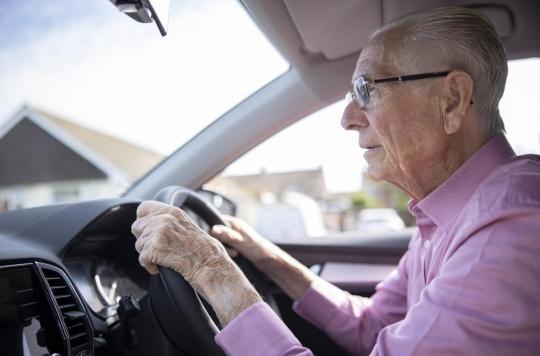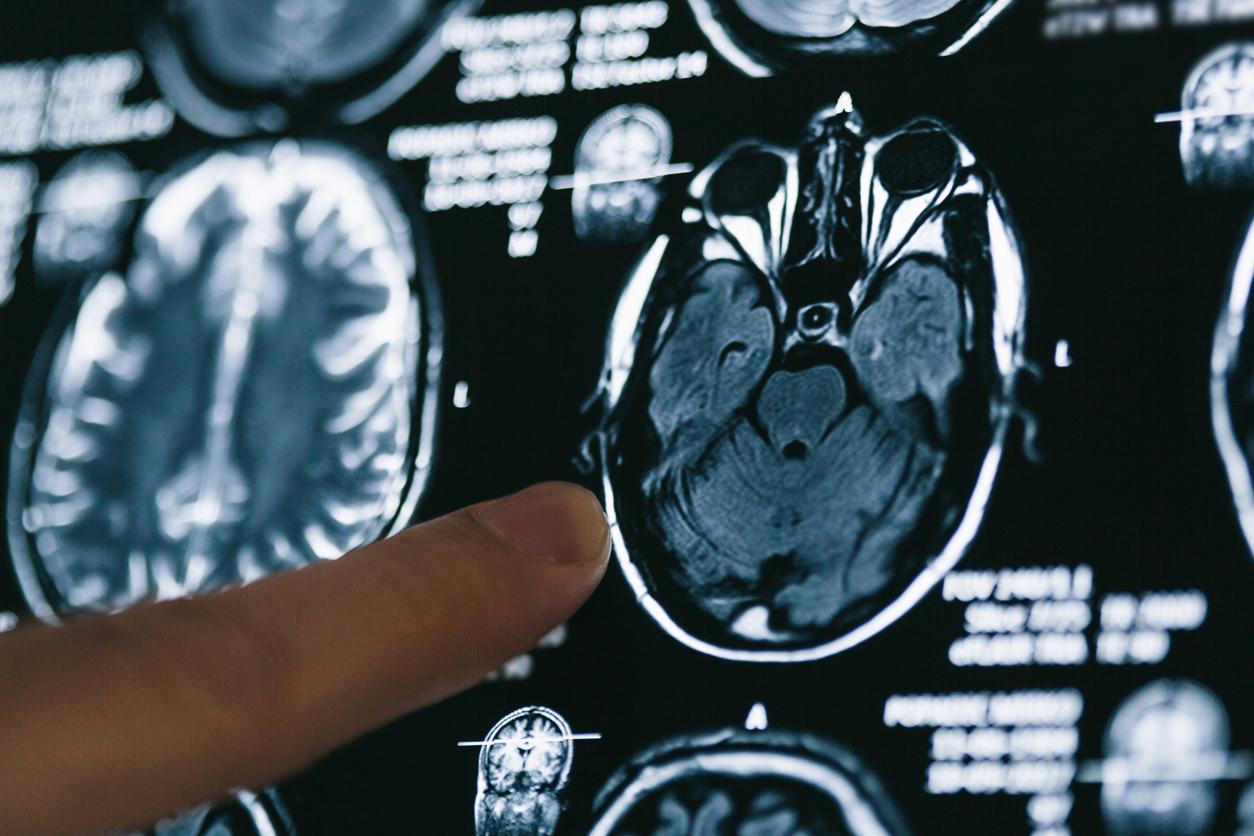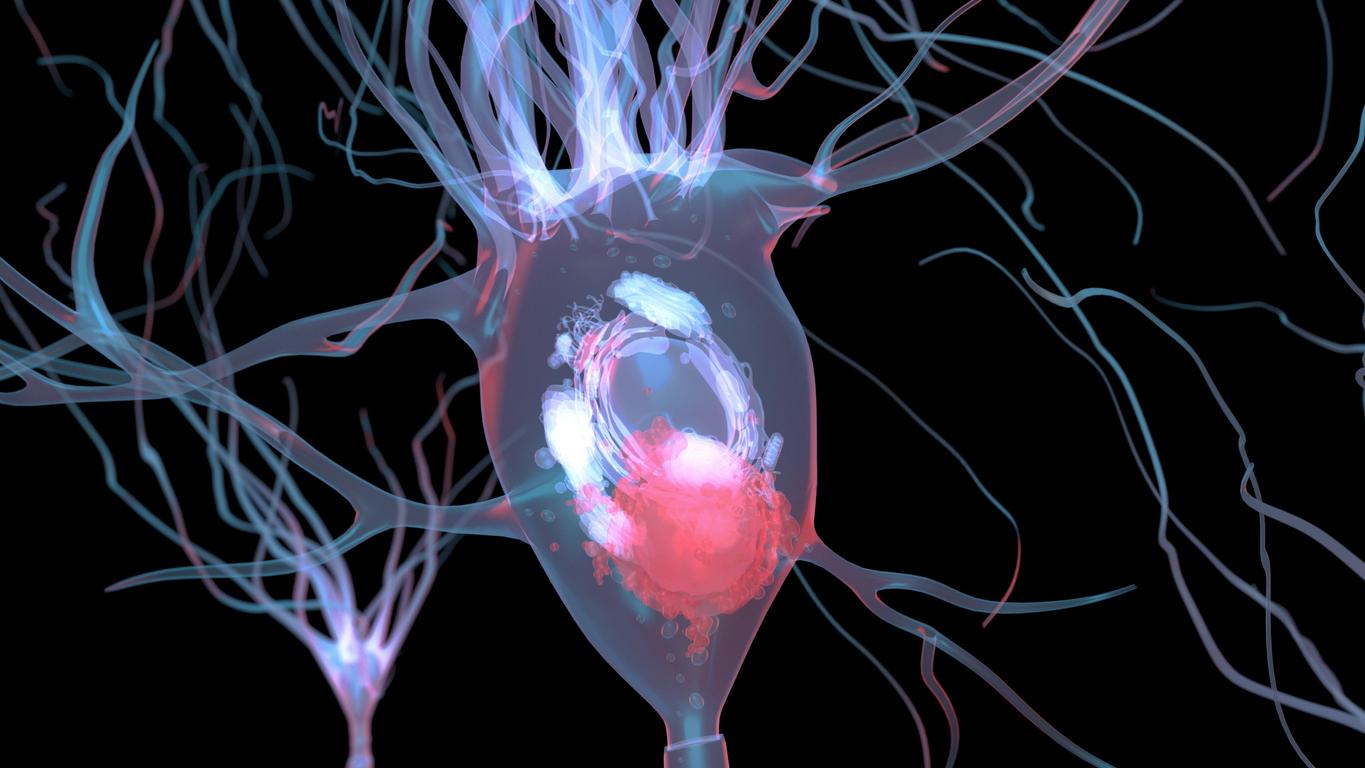A decree published on April 3 in the Official Journal tightens the rules applicable to patients with neurodegenerative diseases.

- Nearly a million people in France suffer from Alzheimer’s disease
- This disease is one of the incompatibilities with driving a car
Driving deprived: at the first signs of cognitive decline, patients with a neurodegenerative disease such as Alzheimer’s or Parkinson’s will have to leave their car in the garage! This is what announces a decree published on April 3, 2022 in the Official Journal which specifies that this driving ban will now apply “as soon as a cognitive decline appears”.
“Who will make the diagnosis?”
A measure that reacted violently Benoit Durand, director general of the France-Alzheimer association. “Who is going to take responsibility? Who makes the decision?”, he asks our colleagues from FranceInfo to whom he expresses his “surprise”: “I thought of a delayed April Fool’s joke, I don’t understand this decree, it’s coming too quickly!”, he says, recalling that his association has been participating for a year to a study on the problem of car driving by patients with Alzheimer’s.
“There can be a certain delay between the general practitioner who will pre-diagnose the cognitive disorders and the moment when the patient will see a neurologist who will make the diagnosis… In some departments, it can take from twelve to eighteen months before having an appointment; what happens during this waiting period?”, emphasizes Benoit Durand.
What is the responsibility of the patient and the doctor?
The decree published on April 3 aims, according to the Road Safety website, to provide doctors with more precise definitions of incapacity to drive “and will thus facilitate discussions between doctors and their patient drivers”. The document also specifies the role of each. To the patient the “responsibility” of his driving according to the rule that “no one can take the road if he is not able to drive because of his pathology, his medical treatment or his state of fatigue”. And the attending physician “to inform his patient, if he is suffering from certain pathologies or if he has certain drug prescriptions, of a possible incompatibility with driving, the doctor noting this information in the patient’s medical file”.
If it becomes more restrictive for people with neurodegenerative diseases, the decree of April 3, on the other hand, lightens the framework of the conditions of driving a car for diabetic patients: those whose treatment does not generate a risk of hypoglycemia will no longer be subject to medical control by an approved doctor, a control which until now has been compulsory.
.















